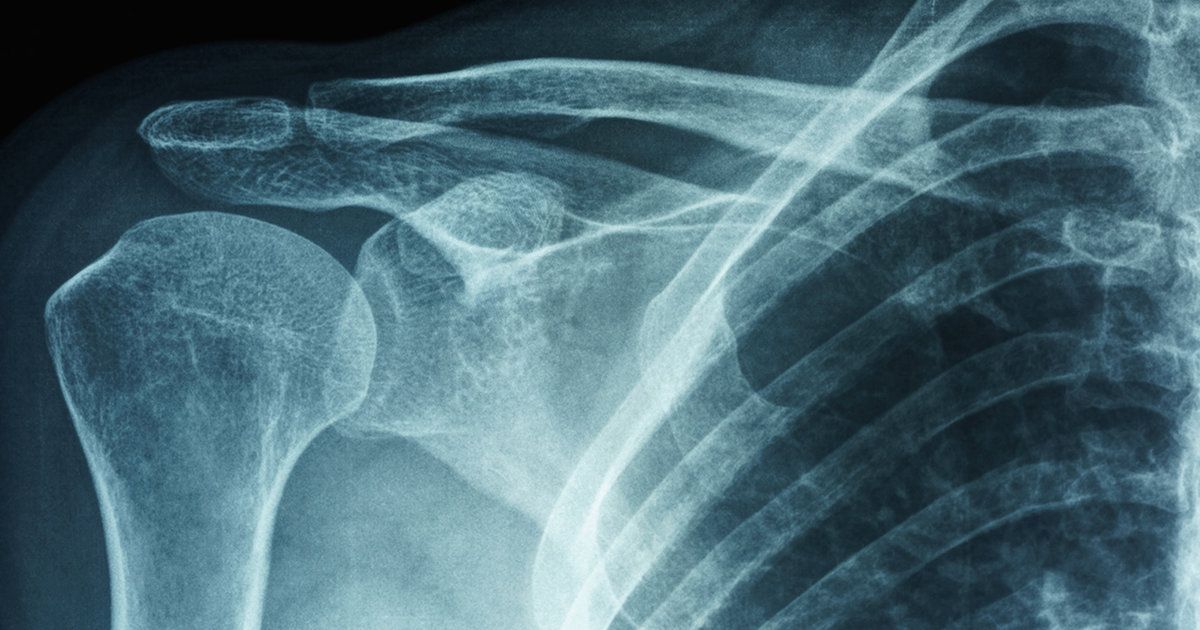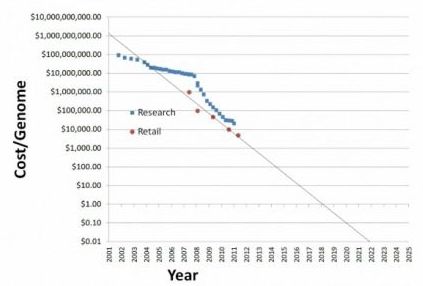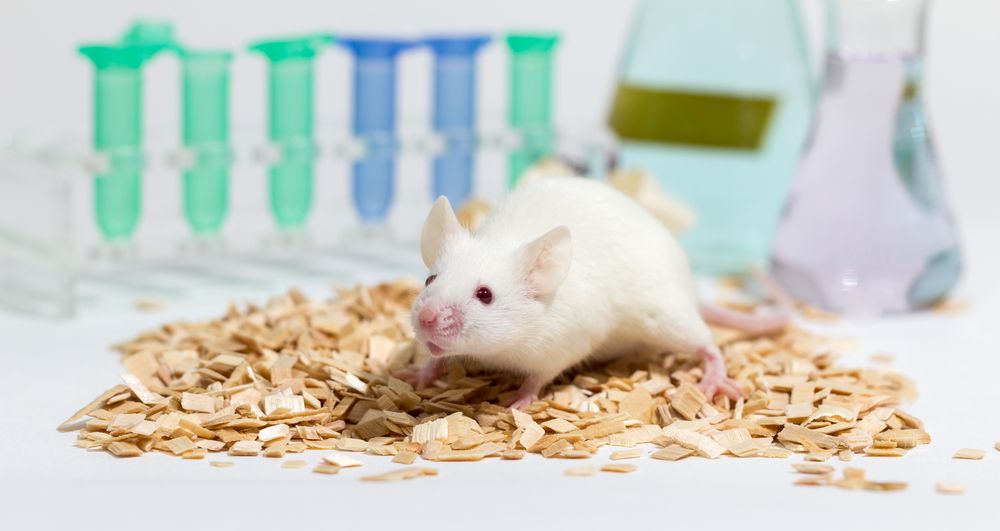Watch We Can Now Grow Human Bones From Stem Cells, a Biotech video from Seeker.




A new mouse study by University of Florida Health researchers shows that multiple sclerosis can be inhibited or even reversed by using a gene therapy that stops the immune response caused by the disease in its tracks.
What is multiple sclerosis?
Multiple sclerosis (MS) is an autoimmune disease, affects around 2.3 million people worldwide and is the most common neurological disease in young adults. The average life expectancy for people with MS is around 6 to 7 years lower than the norm[1]. This lifelong condition begins when the immune system attacks the myelin sheath surrounding nerve.

Out of necessity, Japan has been pushing on the robotics frontier for years. As a result, the proliferation and embrace of robots goes well beyond the Japanese factory floor to include schools, hospitals, nursing homes, airports, train stations and even temples.
Unfavourable demographics are spurring innovation — and investment opportunities.

I did a new interview on #transhumanism for some journalism students at Germany’s Technical University of Dortmund. It’s in English:
Mechanical bodyparts are very common nowadays – a lot of humans have a hip replacement or a pacemaker. Technology helps saving our lives rather often. Some people want to take this a lot further – a philosophical and scientific movement called Transhumanism. Zoltan Istvan Gyurko is one of the most famous Transhumanists, he even ran for president in 2016. In this interview, he talks about his first experiences with Transhumanism, immortality and the future of humanity.
By Marie-Louise Timcke und Paul Klur
Why is Transhumanism important for our society nowadays?
Zoltan Istvan: Well, Transhumanism is perhaps the most important subject matter that we have actually existing in society at the moment. Because humankind has been moving forward very slowly developing science and technology. But in ways that haven’t really rudimentary changed the human being. But all of a sudden, since the invention of the microchip, humanity is changing dramatically because of data, because of the internet, because of computers, because of smartphones. And what we have seen is almost nothing compared to what we’re going to see over the next ten or twenty years. Transhumanism is the field that wants to use science and technology to modify the human being and realise this kind of digitization of the actual self. But most importantly, the next ten years are going to be completely disruptive to whatever we thought it meant to be human beings.

So far, the only intervention that is known to increase lifespan in multiple species is caloric restriction (CR). Caloric restriction is known to increase lifespan in the majority of mouse strains tested[1]. The effects of CR have even been shown to influence how primates age and reduce the incidence of diabetes, cancer, cardiovascular disease, and brain atrophy[2].
Science has known about the effects of CR since the 1930s, when rat experiments first showed researchers this phenomenon[3]. However, despite the various health benefits of CR, how it delays aging has remained a mystery. A new study suggests that epigenetic drift may be the answer.

On July 18, 2017 Japan lost a national treasure. He was the 105-year-old Dr. Shigeaki Hinohara.
Dr. Hinohara made a lion’s contribution to healthcare in Japan, both as a practicing medical doctor and as a physician. He headed five foundations in addition to being the president of St Luke’s International Hospital in Tokyo. He was responsible for introducing Japan’s system of comprehensive annual medical check-ups, which have been credited with greatly contributing to the country’s longevity, reports the BBC.
Those are laudable achievements, but it is his longevity and the fact that he saw patients until a few months before his death that defies everything we have come to expect of old age.
We are very pleased to announce that Dr. Robert Shmookler Reis has joined the LEAF scientific advisory board. He studied at Harvard University (B.A.) and Sussex University (D.Phil.). He joined the University of Arkansas for Medical Sciences in 1980, where he holds the Udupa Chair of Gerontologic Research; he also serves as Affiliate Professor of Pathology at the Univ. of Washington in Seattle WA.
Dr. Robert Shmookler Reis is an expert in genetics whose work focuses on the molecular genetics of longevity and age-associated diseases and his team holds the world record for life extension in C. elegans (roundworms) making them live ten times their normal lifespan.

THE numbers are stark. Cancer claimed the lives of 8.8m people in 2015; only heart disease caused more deaths. Around 40% of Americans will be told they have cancer during their lifetimes. It is now a bigger killer of Africans than malaria. But the statistics do not begin to capture the fear inspired by cancer’s silent and implacable cellular mutiny. Only Alzheimer’s exerts a similar grip on the imagination.
Confronted with this sort of enemy, people understandably focus on the potential for scientific breakthroughs that will deliver a cure. Their hope is not misplaced. Cancer has become more and more survivable over recent decades owing to a host of advances, from genetic sequencing to targeted therapies. The five-year survival rate for leukemia in America has almost doubled, from 34% in the mid-1970s to 63% in 2006-12. America is home to about 15.5m cancer survivors, a number that will grow to 20m in the next ten years. Developing countries have made big gains, too: in parts of Central and South America, survival rates for prostate and breast cancer have jumped by as much as a fifth in only a decade.
In Phase 1 trials, the BCG vaccine was able to create an environment that was able to temporarily restore insulin-producing beta cells.
For interesting science, like Scientifically.
We are keeping a close eye on this trial. If you would like to follow the outcome, Like us. Here is more information on the trial. https://clinicaltrials.gov/ct2/show/study/NCT02081326#contacts